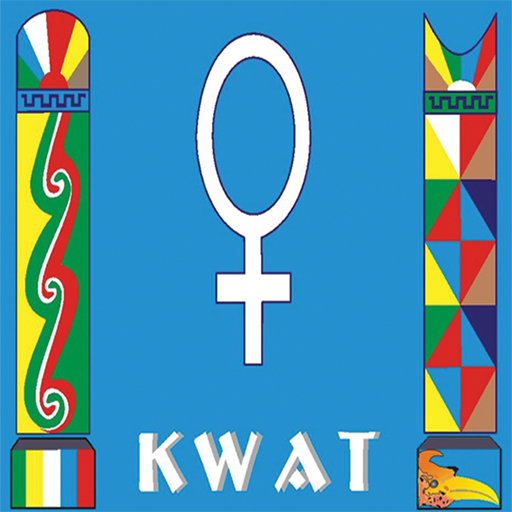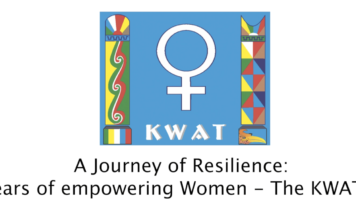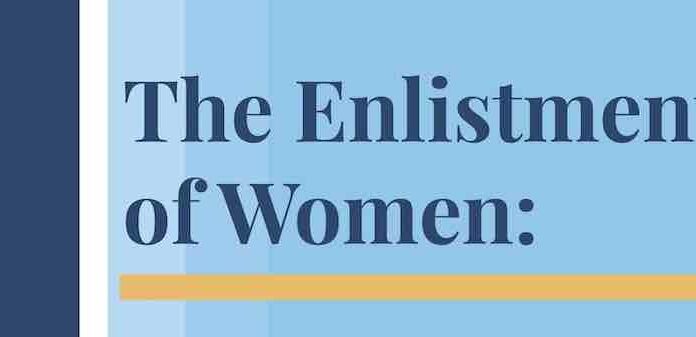CSO Statement 2 August 2021
Today, six months and a day since the Myanmar military launched its coup d’etat, 462 civil society organizations (CSOs) made formal submissions to the E.U., U.K., U.S. and Australia demanding sanctions on the Myanma Oil and Gas Enterprise (MOGE). Sanctions should allow gas production to continue, but require revenues to be paid into protected accounts until a legitimate, democratic government is in power.
State-owned MOGE currently provides around 50% of Myanmar’s foreign revenue, estimated by the Myanmar government to be USD 1.54 billion per year. This money is being paid into accounts now controlled by the illegal regime, even as it commits atrocities, from air strikes on communities in ethnic areas to detaining and torturing peaceful protesters and journalists, while the devastating impact of a third Covid19 wave rips across the country.
The international community has pledged to support a return for democracy in Myanmar. The E.U., U.K., U.S., have sanctioned state-owned enterprises in the gems, pearl and timber sectors, stating that they fund the regime and its atrocities. The U.S. government has frozen USD 1 billion in assets of the Central Bank of Myanmar in the New York Federal Reserve Bank. It did so because the military is not entitled to these assets. Yet, they allow companies like Total and Chevron to continue to bankroll and legitimize the regime through the state-owned MOGE.
Meanwhile, Gas companies are publicly stating they must make or facilitate payments to accounts controlled by the regime to keep gas flowing on humanitarian grounds. This ignores that the calls of Myanmar’s lawmakers and civil society are only to stop revenue flows, not gas production. It dismisses our assessment, backed by Total’s own workers, that funding the regime is grossly more harmful than a possible reduction in electricity.
Total even cited a ‘human right to energy’ in Thailand, where much of the gas is exported, yet it likely knows the Thai government is trying to cut a massive oversupply of energy. Meanwhile, Chevron, is lobbying against sanctions and told civil society it was too busy to engage with them because it was prioritizing staff safety, despite apparently having no staff present in Myanmar.
Gas companies are telling the governments and EU bodies that they would be replaced immediately if revenues are cut off, raising concerns that ‘leverage’ would be lost. Yet gas revenues continue to flow, with Total suspending only 10% of payments from its Yadana project, so either there is no leverage or it is not being used. This amounts to a policy of “if someone pays the regime, it may as well be our companies.” In any case, Total’s Yadana project is complex, in decline and comes with huge political, financial and reputational risk. So whilst it is a medium-term lifeline to the regime, it is commercially unattractive, and even if an investor could be found, it would be at a financial cost to the regime.
That companies are simultaneously telling governments that they would be replaced quickly and easily and then publicly stating there would be severe humanitarian impacts indicates their disingenuous interests. These cannot both be true, and they’re both categorically false.
Myanmar’s civil disobedience movement (CDM) continues to resist the attempted coup. Whilst gas companies threaten power cuts, people across Myanmar refuse to pay electricity bills, and many government staff that collects payments are on strike. This is starving the regime of perhaps 10% of revenues. Only 52% of people in Myanmar are connected to the grid, and they are already experiencing blackouts amidst a tsunami of covid-19 as the military restricts access to oxygen and arrests doctors. This is why media survey showed that 98% of people in Myanmar prioritize cutting off revenues over the risk of power cuts.
Total’s decision to enter business with the regime in 1992 was catastrophic from a human rights perspective, but it was dealing with a recognized government. Now Total and Chevron are making and facilitating payments to accounts they know to be in the control of an illegal, terrorist army that’s overthrown the legitimate government.
If these companies have no leverage or will not use it, they should divest. Their continued presence legitimizes the regime and does nothing to mitigate the human rights impacts of investment. In failing to act, the governments of U.S., U.K. and E.U. and Australia are endorsing the bankrolling of the junta’s atrocities.
The time to act is now to support the CDM movement rather than undermining it. Both the governments and corporations must do so by taking all possible steps to reduce revenues from Myanmar’s offshore gas projects.
Background
The relevant governments have been given the names of the organizations that endorsed the submissions, but due to security concerns, their names have not been made public. The Myanmar government has estimated gas revenues to be USD 1.54 billion per year. There is a long history of these revenues being misappropriated by the military through exchange rate manipulation and opaque accounting. Gas revenues sustained the regime in the 2000s and will do so again now.
Total and Chevron have stated that revenue payments from their Yadana project do not come from them but instead come from the gas buyer, PTT, a Thai state-owned company. Yet Total has also acknowledged that at least some of these payments by PTT to MOGE are made on Total’s behalf.
The contracts between Yadana’s foreign investors (Total, Chevron and Thai company PTTEP) and MOGE suggest these companies can sell gas and ask PTT to then provide cash to MOGE. The contractual arrangements also require Total to act as a representative to MOGE when Total submits monthly invoices to PTT, which Total continues to do despite knowing that MOGE’s bank accounts have been taken over by an illegal regime. In addition, Total and Chevron authorize dividends to MOGE from the Motamma Gas Transportation Company (MGTC), the separate company that operates the pipeline taking gas to Thailand and in which they are the largest shareholders. Total and Chevron have suspended dividends from MGTC, but may resume them at any time. Total is
also responsible arranging the payment of MGTC’s taxes, again into regime-controlled accounts. More details of these revenue flows are set out in a briefer by Publish What You Pay available at:
https://www.pwyp.org/pwyp-resources/financing-the-military-in-myanmar-analysis-of-gasrevenues/
download full PDF [English]




